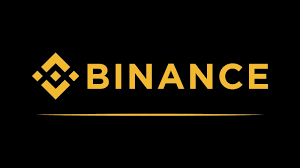Voyager Digital, an insolvent lender, has hit a roadblock in its plan to sell its digital assets to Binance.US, a cryptocurrency exchange, due to an objection by U.S. authorities.
The objection stems from a clause in the agreement that would prevent U.S. authorities from taking legal action against anyone involved in the sale.
U.S. Trustee William Harrington and other government lawyers filed a motion before a New York bankruptcy court, claiming that the court exceeded its statutory power in authorizing the clause.
While not objecting to other aspects of the transaction, U.S. authorities argue that the clause would make it difficult for the government to execute its police and regulatory responsibilities. As a result, they have asked for a two-week hold on the court’s approval of the transaction to submit an appeal.
The clause in question was approved by the court on March 7, after finding that 97% of Voyager customers supported the idea. The provision was designed to protect those involved in the sale from being held personally accountable for its implementation.
However, the U.S. Trustee is concerned that the clause would exonerate Voyager and its employees from violations of securities or tax laws.
The sale was allowed by New York bankruptcy judge Michael Wiles last week. However, U.S. authorities have requested that the approval of the arrangement, or at least the portions that restrict the government’s capacity to execute the law, should be suspended until appeals are resolved in higher courts.
The objection by U.S. authorities highlights the increasing scrutiny that the cryptocurrency industry is facing from regulators around the world. As the industry continues to grow and gain mainstream acceptance, it is likely that we will see more of these regulatory roadblocks in the future.
In the case of Voyager Digital, the outcome of the appeal will be closely watched by industry insiders and investors alike. If the objection is sustained, it could have significant implications for the company and its stakeholders.
It remains to be seen whether the court will uphold the clause, or whether U.S. authorities will be successful in their appeal.



